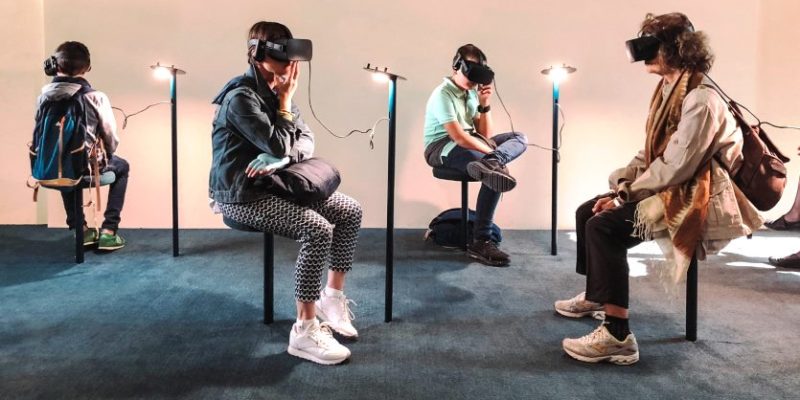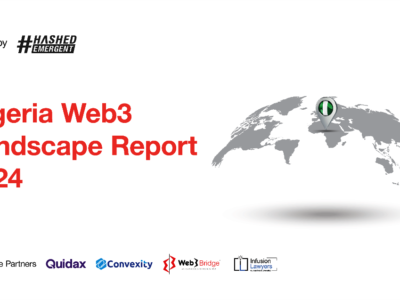Immersive and inventive, the metaverse is evolving to become a tool that can potentially empower both organisation and employee.
The metaverse is a term that has evolved from a social media giant’s media hype to an immersive, virtual world that allows individuals to interact with one another, and with digital objects, in real-time. It represents a new frontier for organisations to engage with customers, employees and partners, and in entirely new ways that can open up new revenue streams, markets and opportunities. Mark Walker, Associate Vice President for Sub-Saharan Africa at IDC Middle East, Africa and Turkey, believes that the potential of the metaverse for business is significant.
RELATED: UN tech agency seeks open and inclusive metaverse
“It offers a new platform for marketing, sales and customer engagement, as well as opportunities for new business models and revenue streams,” he adds. “For example, companies can use the metaverse to create immersive product experiences, virtual showrooms, and digital events. They can also use the metaverse to train employees, collaborate with partners and conduct meetings in a virtual environment that bridges distance and geographical locations while still providing the immediacy of an in-person event.”
The metaverse stands side by side with Web3 – the next evolution of the internet where decentralised systems and blockchain technology are used to create a more open and transparent web. It is often described as the trustless web where users can interact with one another and exchange value without the need for intermediaries like financial institutions or social media platforms. In business terms, Web3 represents a new paradigm in online transactions and interactions as it enables decentralised applications (DApps) that can be built on blockchain and that can open up new avenues across secure data sharing, payments and supply chain management.
“Leveraging Web3, companies can also move into new revenue areas and create new business models while enhancing their relationships with customers and partners within an ecosystem powered by transparency and trust,” says Walker. “When combined with the metaverse, it is a landscape that’s defined by opportunity, and by the ability to do business from an immediate foundation of shared trust and collaboration. This can fundamentally change business relationships and how organisations collaborate in the future.”
Looking ahead, both the metaverse and Web3 have the potential to reshape the business landscape. They have moved well beyond the science fiction movie and well into the realm of reality where companies can extend their reach to new customer segments and deepen their connections with customers without incurring the cost burden that traditionally comes with the physical world.
“New customers benefit from an immediacy in engagement and connection with the company while existing customers benefit from the intense personalisation and enrichment of their existing relationship with the organisation,” concludes Walker. “This is bringing the concept of the ‘market of one’ closer to reality with far higher levels of personalisation. It also provides better access to long-tail customers, increases the speed of transactions and emphasises ease of use.”
While there is still time before the metaverse and Web3 have reached full maturity or potential, companies that start their journey will be in a position to grab the opportunities – both new and expected – at speed.
The IDC South Africa CIO Summit 2023, taking place in May at the Sandton Convention Centre, will examine the current state of the digital economy, its impact on citizens, customers, employees and operations, as well as the key challenges that must be addressed and how to solve them.
COVER IMAGE: ITU

































